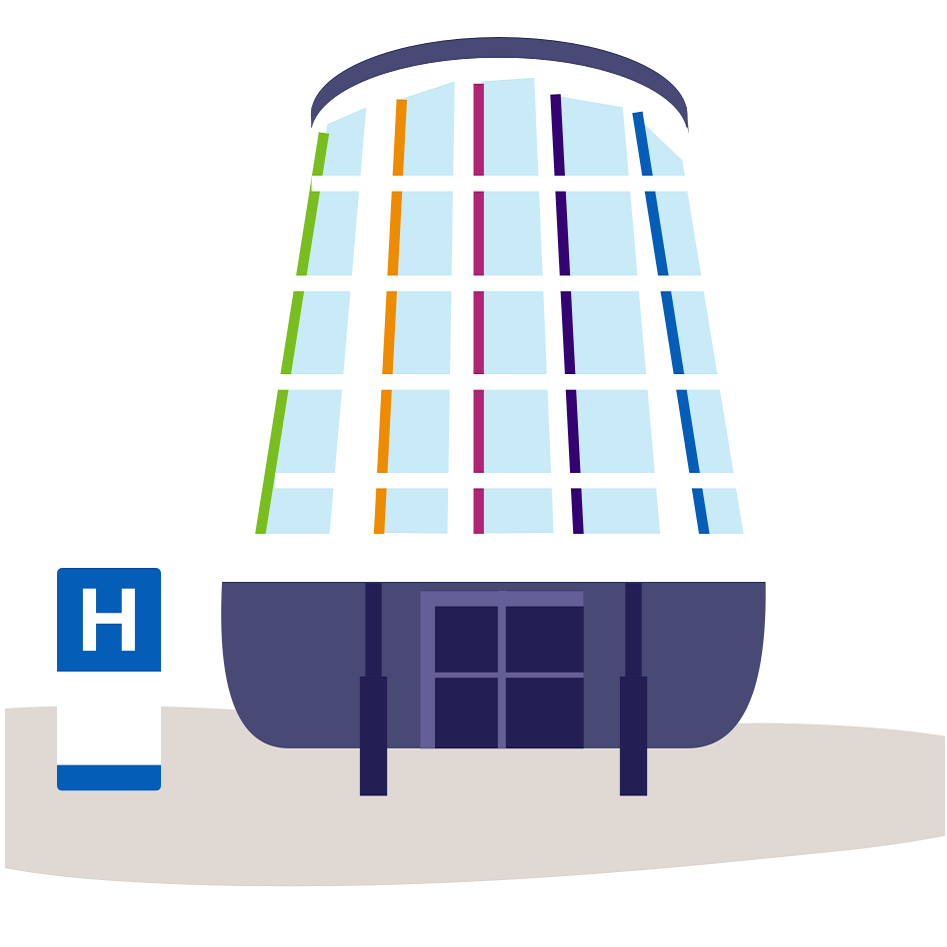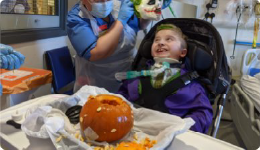There are different reasons why your baby might be being sick. Below we look at some of these briefly. This will give you some basic information about some of the reasons your baby might be being sick. It is not a guide to help you diagnose your baby. It is important that you follow the traffic light advice above if your baby is unwell. Speak to health a professional if you are concerned about your baby. Always get help if you feel your child is getting worse.
Gastro-oesophageal Reflux Disease (GORD)
Some reflux is very normal in babies. The muscle at the end of the food pipe, which keeps milk in the stomach, is still developing. Reflux may cause your baby to bring up milk after a feed, and can also give them hiccups. If your baby is growing and is not distressed there is no need to worry.
More severe reflux may cause your baby to cry or seem uncomfortable after feeding. More severe reflux is known as gastro-oesophageal reflux disease (GORD) and means that at times milk and stomach acid flow back up their food pipe causing discomfort.
Speak to your Health Visitor if you think your baby is finding it hard to feed or is not growing well.
Gastroenteritis (A viral or bacterial infection causing vomiting and/or diarrhoea)
If your baby's vomiting starts suddenly, or if they also have diarrhoea, they may have gastroenteritis. Gastroenteritis is usually caused by a viral infection. If your baby has a viral gastroenteritis they often start to get better within 24 hours.
Do not stop giving your baby milk.
Babies under 6 months of age are at more risk of getting dehydrated than older children. It is important to make sure that they are drinking enough. Little and often tends to work best.
If your baby is breastfed then you should keep trying to give small breast feeds often.
If your baby is formula fed do not dilute the formula. Offer small feeds often.
You should not use fruit juices and fizzy drinks for rehydration or in babies under 6 months of age
If your baby can't keep down smaller feeds given more often you need to see your GP or call NHS 111
Infection
Your baby may be vomiting because they have an infection. If your baby has an infection they will often have a high temperature above 38°C / 100.4°F. The most likely cause is a viral infection. However, if your baby has a bacterial infection this can be serious. Bacterial infections should be treated as soon as possible.
Signs of a serious infection are in the Red section of the "When should I get help?" table above.
If your baby has signs of a serious infection you need urgent help. Go to the nearest Emergency Department or phone 999.
Cow’s Milk Protein Allergy (Non-IgE CMPA)
Some babies have a non- IgE mediated cow’s milk protein allergy (Non Ig-E CMPA) which can make them vomit along with other symptoms. A non-IgE mediated cow’s milk protein allergy is unlikely to make your baby vomit without other symptoms.
Allergy UK have information on immediate Cow’s Milk Allergy and Non-IgE mediated CMPA. It is important not to make changes to your diet or your baby’s formula milk without getting help and advice.
If your baby has any signs of an immediate reaction get help straight away. Signs of an immediate reaction include swelling of the lips or the tongue or finding it hard to breathe. You need to phone 999 or go the nearest Emergency Department if you see these signs.
If you think your child may have a cow’s milk protein allergy, please speak to your Health Visitor or another Health Professional before making any changes to your diet, or your baby's formula milk if you are formula feeding.













